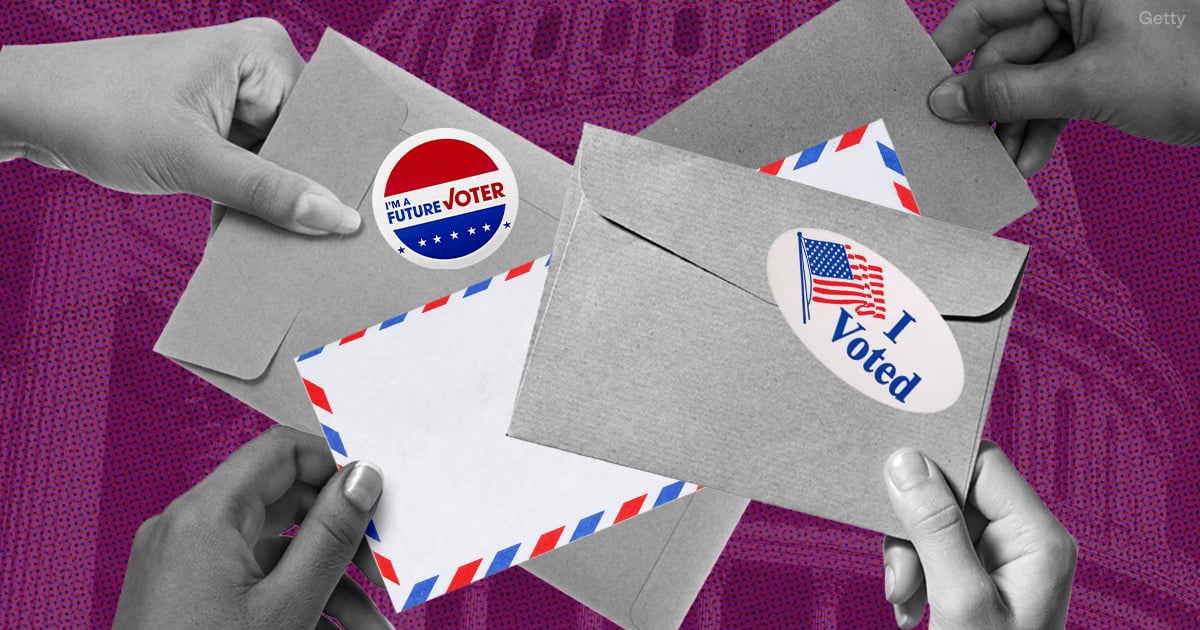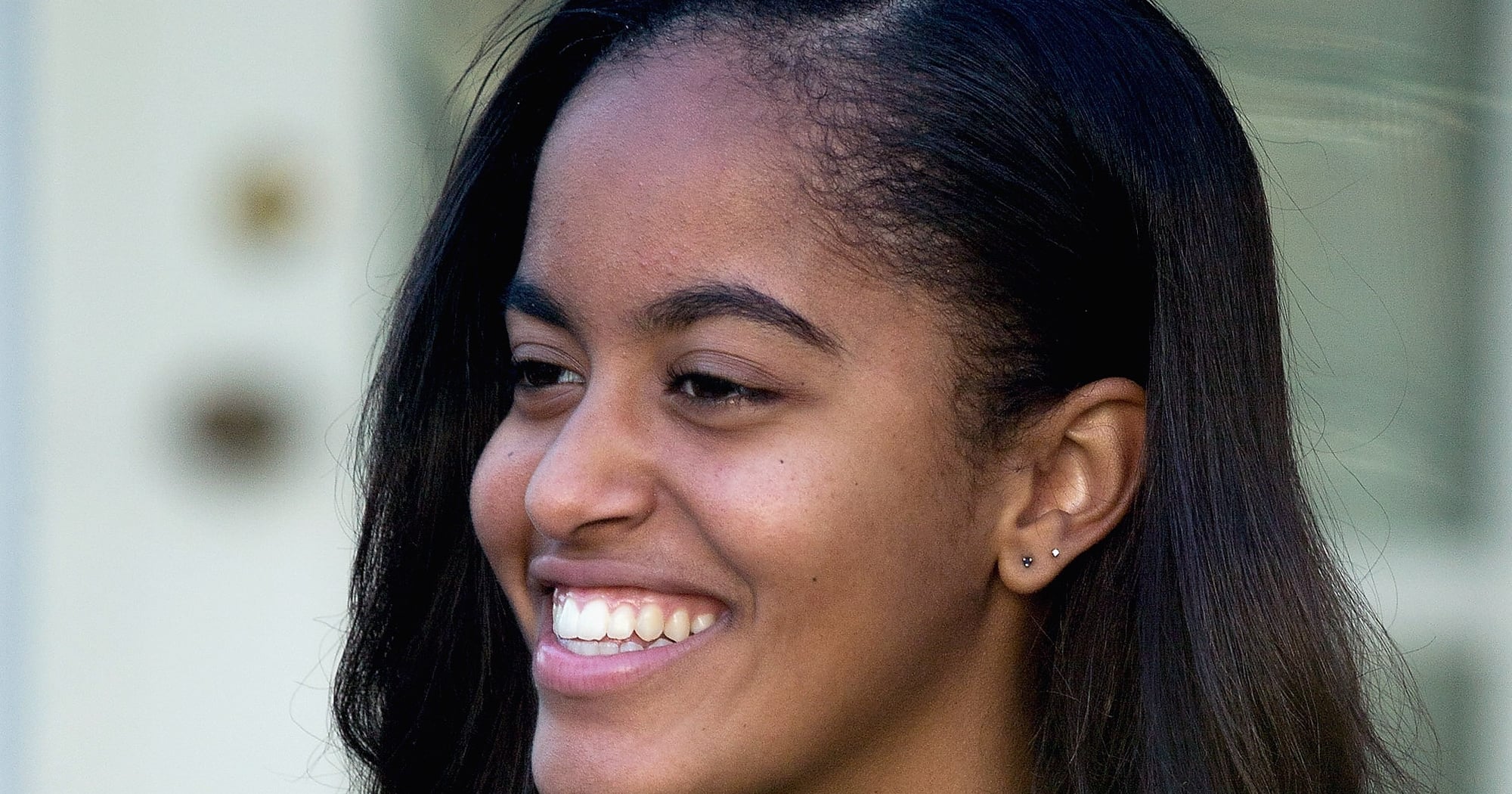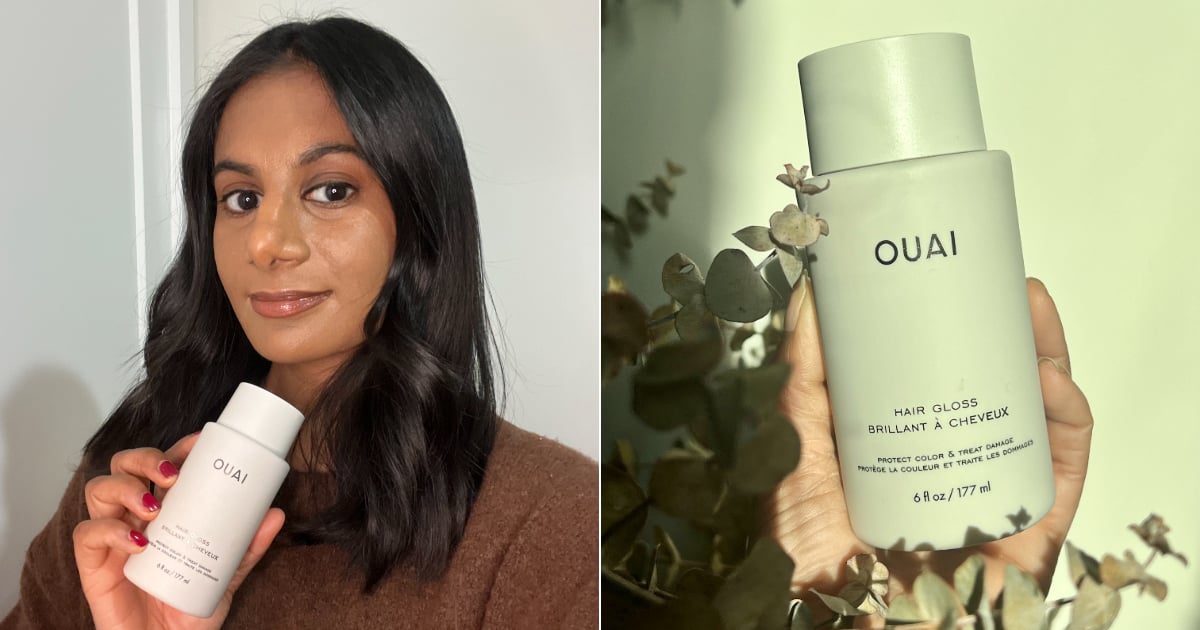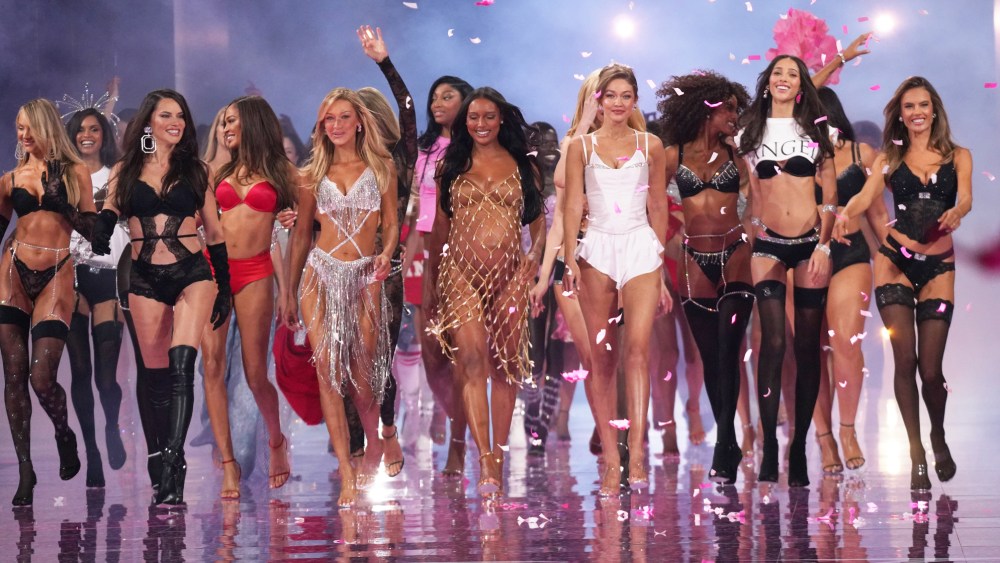I remember the first time I voted. It was 2017 and I was 20 years old, voting not far from my college campus. While some of my friends hadn’t bothered at all, I asked a classmate to drive me off campus to the local elementary school. I was determined to vote in the first election I was eligible for.
I was born in the US – which granted me my US citizenship – but spent much of my childhood in Seoul, Korea, before moving back here for college. But because I hadn’t lived here my whole life, because I never felt fully American, and because I never felt like I really belonged in this country, I thought I didn’t deserve the right to vote. But I realized then, and now, that that’s more reason than ever to vote. I’ve learned that in order for a vote to be powerful, it must be exercised in the first place.
Though my parents now reside in Korea, for many years, they paid taxes, contributed to their community, and lived in the US as green-card holders, yet they did not have the full rights of citizens. Namely, the right to vote. Being the only US citizen in my family, it’s made me think critically about who does not have that privilege – those who have trouble accessing their polling places, experience language barriers, or can’t afford to step away from work on Election Day. So when I cast my vote for the first time, I thought about all the folks who wanted a say but didn’t or couldn’t make themselves heard.
Every first-time voter looks different. They may have just turned 18 and become eligible, or maybe they’re in their 40s and have never felt compelled to vote before. Or perhaps they’re voting for the first time using their accurate gender marker or after being released from incarceration. Regardless of the circumstance, we know first-time voters can change the outcome of elections.
We spoke to three voters about what’s energizing them to visit the polls for the first time in 2024 – whether it’s their first time voting in any election, since coming out, or simply on their own terms. The 2024 presidential election is especially unprecedented, and one that could define many generations to come. With the future of reproductive rights, trans equality, immigration, and more on the ballot, safety and freedom are at stake for women, people of color, and the LGBTQ+ community in particular. Here’s why these first-timers are ready to vote in November.
It’s My First Time Voting After Leaving the Evangelical Church
Tori Smith
Tori Smith, 47, leads a progressive church with her husband, a pastor, in Gainesville, FL. In 2021, they left the evangelical church after more than 20 years. Though she’s been an active voter since she was 18, the 2024 presidential election marks the first time Smith is voting without a church’s input – or, as she puts it, voting “on my own terms.” Below, she shares why she’s energized to vote in November.
We started going to church when I was in the eighth grade. I went to a conservative Bible college in the Midwest, which is where I met my now-husband. We got married in 2000, and in 2001, he took a job as a youth pastor at a church in northern Missouri, starting his career in the evangelical church.
Growing up as a kid in church, you never questioned anything. You just believed what the pastor said, which was the word of God. And God told the pastor to tell everybody this, especially when it came to voting. There was always a biblical way to vote. I never second-guessed it. I was like, “This is how God is telling me to vote,” and that’s what I did.
“Womb to tomb” is a big thing in the Christian church, meaning there’s no ifs, ands, or buts about it, you carry that baby, period. As a woman in the church, and especially as a pastor’s wife, I knew it was my place to stay behind the scenes and support him in everything that he does. Or else he would lose his job. So if I had any questions, I had to keep them to myself. I remember asking Joe, my husband, about local elections. “Who am I supposed to vote for?” Those are the words that would come out of my mouth. Meaning: “Who is the church telling me that I am supposed to cast my vote for?”
This election, I felt like I wanted my daughter to know that she’s not dependent on a man for anything.
But when the pandemic hit, the church’s response to COVID opened our eyes. Their response was faith over fear; you don’t need to wear a mask because God’s going to protect you. My husband’s mother has cancer, so we took that very personally. And then the rise of Trump came and the church said he was God’s chosen one. That’s not the church’s place to say, it’s just not. We didn’t like being told that. The way that the church and the people in the church defended him was disgusting. We wanted no part of that whatsoever.
In 2020, I voted for Biden because we were on our way out of the evangelical church. It was completely going against how the church believed I should vote, and honestly, I’m not sure we ever shared with anyone who we voted for. When you’re part of the mainstream evangelical church, it’s just a given who you vote for. You vote Republican, you vote pro-life, you vote for guns.
We finally left in 2021 and joined a progressive church. I would vote for a wet paper towel before I vote for Donald Trump. But this year, when Biden stepped down and Kamala stepped up, that changed everything. I was like, oh my gosh, this could really happen in my daughter’s lifetime. She could see a female president.
My daughter is 22. She was raised in the church, and we taught her things and we untaught her things when we left. This election, I felt like I wanted my daughter to know that she’s not dependent on a man for anything. I want her to know that she has rights and that those rights are in danger because of this man and this party. I want her to be able to use her voice. I want to be a good example as a mother. I’m going to vote for Kamala Harris for my daughter, and my grandkids, granddaughters to come, because this is too important not to have a say.
As leaders of a progressive church now, we’ll say, “Vote with love, and make sure that you’re voting for the person that you trust and think is going to do the best job for our country, our kids, and grandkids.” To me, it’s pretty obvious which candidate exudes love more than the other. But we will never tell somebody how to vote. That’s not our place, even though I was told that for 20-plus years. That’s one of the reasons I’m so passionate about it now. I do have a voice, so I’m going to use it.
– As told to Yerin Kim
It’s My First Time Voting With My Correct Gender Marker
Scottie-Jeannette Madden
Fernanda Aguilar, 24, lives in Los Angeles and most recently was working as an intern at Unique Woman’s Coalition, a nonprofit organization aimed at empowering Black trans and LGBTQ+ communities. She voted in her first presidential election in 2020, but 2024 marks the first time she’ll be using her new legal name and correct gender marker. Below, she shares why she’s energized to vote in November.
Growing up, I wasn’t able to conceptualize my gender. It wasn’t until college that I began my transition process. It was definitely tough, I will say that – it’s a work in progress.
But I’m grateful to live in this country, because we do have so many rights. Even just participating in elections – not everyone gets the chance to do that in other countries. And we’re definitely fortunate here in the United States to be able to get our name changed and get our gender marker changed. That’s something that I have always wanted to do. For me, that’s enough.
I’ve lived in the shadows for a long time, and I think I’ll finally feel represented.
I actually just recently changed my gender marker and legal name, about a month ago. I’ve been going through the back-to-back process of changing my social security card, my ID, basically all of my documents. It’s been so gender-affirming to me to know that I’ll finally be represented in the way that I’ve always wanted to be seen, especially when it comes to voting and being able to be a participant in politics. It feels like the weight has been lifted off my back, to finally feel like I’m a member of society.
There’s so much bureaucracy that goes along with it, so it’s just about being patient and knowing it’s going to get done. Like right now, even though I went to all the offices and made sure I registered to vote, I’ve had to keep checking to make sure I am registered. I went to the offices and made sure I filed my documents correctly, and now that everything’s changed, I will actually be able to vote with my gender marker.
In this election, the job market and economy really matter to me. But also obviously trans rights. I think we should be protected – as long as we are able to live our lives and have the right to do the most simple, basic things like changing our name and our gender markers and being able to be in the workforce and just live alongside one another, I think that’s crucial.
I imagine on Election Day, I’ll have a sense of relief, being able to finally vote and not feel ostracized in any way. I’ve lived in the shadows for a long time, and I think I’ll finally feel represented to be able to vote with my now-legal name and my gender. Yes: a sense of relief. I’ll be ecstatic, happy. I think it’s going to feel great to be back as me.
– As told to Lena Felton
It’s My First Time Voting in a Presidential Election
Laalitya Acharya
Laalitya Acharya, 20, is a biomedical engineering and political science student at Columbia University voting in Cincinnati, OH. Born in India, she moved to the US at 6 months old and became a naturalized US citizen in 2016. Though she voted in the 2022 midterm and 2024 primary elections, this is her first time voting in a presidential election. Below, she shares why she’s energized to vote in November.
I’ve been a citizen since I was 13 years old. It’s kind of a weird balance – I’m technically an immigrant, but I identify more as first-gen because I came when I was so young and I’ve never had to face the difficulty of assimilation.
As a first-generation Indian American, being able to vote has been instilled in me for a long time. It’s a privilege that my parents didn’t have when they first came to this country. Now that we’re all naturalized citizens, it’s a really important part of the duty that we have. Ever since my parents were naturalized, I always would go to the polls with them and see them vote.
Immigrants are the most patriotic people. They understand that this is a gift that you’ve been given. It is an honor and it’s a duty to be able to vote. Whenever my sister and I criticized something related to America, my parents were the first people to be like, “No, this is our country. We have to defend it. We have to protect it, and we have to take the actions necessary.”
I’m from southwest Ohio, which has long been known as a swing state. Especially in Cincinnati and its suburbs, there’s a huge diversity of political perspectives and general movements for specific issues.
Before Kamala Harris entered the presidential race, I was actually planning on voting down ballot but potentially leaving my vote for the presidential candidate blank.
The biggest switch for me in my own civic activism was the 2016 election. I was 12 years old at the time. That was one of the biggest moments I saw a change in how our country was going to function. I got involved with local policy and local Dems chapters. When I turned 18, I did some internships, started doing my own canvasing and phone banking, and I’m now president of my Young Democrats of America organization in my county.
This is my first presidential election, and that alone brings a level of excitement to it. Before Kamala Harris entered the presidential race, I was actually planning on voting down ballot but potentially leaving my vote for the presidential candidate blank.
If we always vote for the candidate who is given to us by the Democratic or Republican party, we’re never pushing for a change or giving them an incentive to do something different. I wanted my vote to mean something, in that yes, Joe Biden has done amazing things for our country, but he had continued to stay on after campaigning as a one-term president. I think the time had come to pass the baton on. While that obviously was his right and choice, a lot of voters across the country didn’t have a choice in voting in the primary. They didn’t have an ability to pick the presidential candidate.
Kamala Harris represents a future of women who are able to see themselves in these places of power where yes, you can be both Indian and Black and a woman and still get the country to rally behind you. She is the daughter of immigrants. She is somebody who has faced misogyny, who might have had to battle her way through women’s healthcare, who has children who she is taking care of. All those factors provide such a different perspective than that of the white male.
Kamala Harris is not perfect by any means. And while we align on a lot of policies, we also disagree on others. I’m going to vote for her because we also have to put our money where our mouth is.
My family’s native language is Gujarati, but we don’t want to speak that at the airport going through TSA. Still, without fail, my parents will always get pulled over. Donald Trump is somebody who has made horrendously racist remarks about people of color and people who look like me. Regardless of the power that the actual president has in explicit terms of the Constitution, the way that people perceive this country and feel emboldened to do and say certain things within the country depends on the person they see at the head. “If the president is saying something racist, why can’t I?”
Having a person who actually is representative, who wants to bring the country together, is amazing. I think that’s exactly what we’re seeing in the Harris-Walz administration right now.
– As told to Yerin Kim
To learn how to register to vote, what the process is like, where to vote, and more, please check out resources from National Voter Education Week.
Yerin Kim is the features editor at PS, where she helps shape the vision for special features and packages across the network. A graduate of Syracuse University’s Newhouse School, she has over five years of experience in the pop culture and women’s lifestyle spaces. She’s passionate about spreading cultural sensitivity through the lenses of lifestyle, entertainment, and style.




